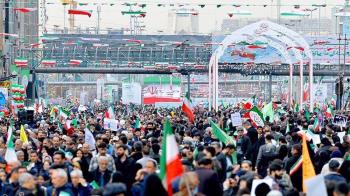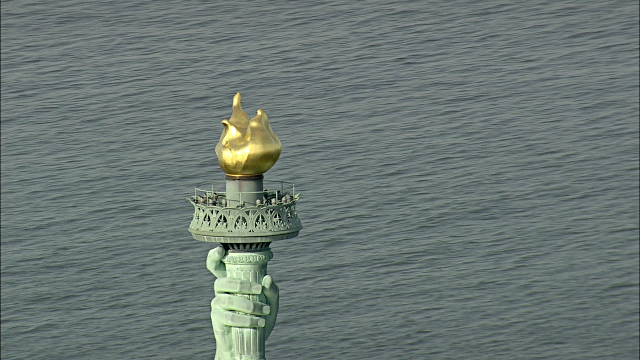Alwaght- The United States of America has long claimed that it seeks to spread democracy across the world, that it is the bearer of this torch as a democratic nation, and that its duty is to pass it on. The word “democracy” has become a catchphrase for American officials to justify foreign policy. This claim, however, is evidently meant to validate military and political interventions in other counties such as the Afghanistan and Iraq models. Had this motto been true, Washington would have made similar efforts to push its Arab allies toward democratization.
Questions over US double-standards when it comes to democracy, freedom, and human rights remain unanswered by White House spokespersons who often give vague and digressing statements when cornered by skeptic journalists. Yet, denying that the democracy rhetoric loses its ardor when dealing with allies does not alter the observable facts.
An example of this is the United States’ largely indifferent stance on the undemocratic nature of the monarchies in Saudi Arabia and Bahrain, two of its Persian-Gulf allies.
As opposed to the wars it waged against Iraq and Afghanistan in the name of democracy, the US continues to turn a blind eye to suppressive regimes like that of the al-Khalifa and al-Saud royal families. Both Manama and Riyadh have been accused of breaching international law and human rights violations.
Human Rights Watch has criticized the Bahraini regime saying its “courts convict and imprison peaceful dissenters and have failed to hold officials accountable for torture and other serious rights violations.”
The US has repeated calls against human rights violations in the kingdom but they have proven to be empty words. This has recently reoccurred as US State Department expressed concern over the timing of the execution of three Bahrainis who were allegedly in a bombing that killed three policemen.
According to HRW, the reign of deceased Saudi King brought about "marginal advances for women, but failed to secure the fundamental rights of Saudi citizens to free expression, association, and assembly."
Nevertheless, not much criticism is directed at these states, amounting to what can be addressed as a silence policy toward the foes of democracy, the same notion Americans have pledged to spread.
Observers attribute this discrepancy to the root of all American moves: interests.
In the case of Bahrain and Saudi Arabia, the US is well aware that having a puppet in power is more convenient than having an authority that is free and independent from its hegemony.
In other words, having a dictatorship safely installed in these countries can help Washington maintain its regional privileges. By giving support to these dictators, who are increasingly facing opposition from their people, the US is using these kings as pawns. Their reliance on Washington for backup renders them more likely to be compliant to its demands and better suit their interests.
Michael Springmann, a former US diplomat in Saudi Arabia from Washington, told Press TV that the Manama regime does not want to change its repressive policies, because of its reliance on complete support from Western powers.
“With Bahrain being backed by the British and the American governments, this may be a small hiccup. It is a long road of repression,” Springmann told “The Debate” program.
“The United States with its Fifth Fleet headquartered in Manama knows that their presence would be threatened if the people of Bahrain want a free and democratic government,” he said.
As opposed to facing a democratically-elected government, ensuring these repressive regimes’ survival against waves of opposition, which are calling for freedom and democracy, would secure US interests and thereby trump all pretence of the democracy ambition.
Another way to look at it is through the paradigm of the Islamic Republic of Iran. While maintaining the tenets of democracy, Iran rejects foreign intervention. Unlike some Arab states across the gulf, Tehran does not face a popular uprising against its policies. Having a strong domestic support base diminishes a country’s need to rely on others. That’s why Iran does not allow the US to dictate its policies. Instead, it charts its own rules and strategies.
One such example is Iran’s insistence on supporting the Palestinian and Lebanese resistance against the Israeli regime. Similarly, its support for Syria in its fight against terrorism is indicative of an independent decision-making process. On the other hand, some Arab states have failed to give the Palestinian cause due justice as a result of the US’s power over them.
This translates to the following statement: democracy is a tool in the hands of the US. When the US administration needs an excuse to intervene in or invade a country, the democracy card is always ready. But when it needs to protect its interests and those of its allies, democracy suddenly becomes irrelevant. The torch is extinguished and here lies the duplicity of the American democracy myth.



























